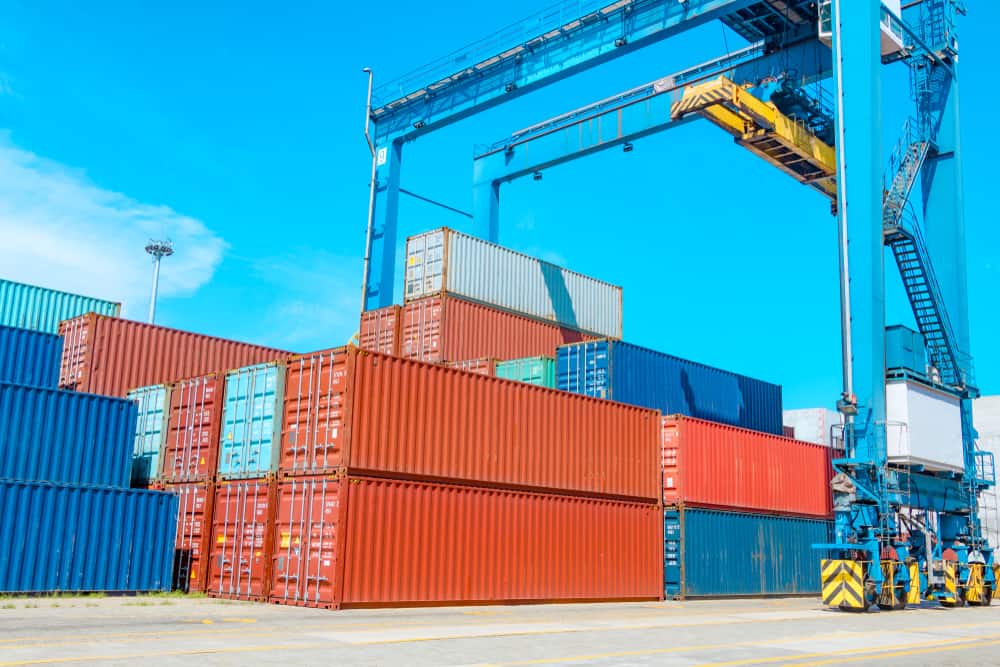HS Codes are important for government officials to identify goods being imported and exported in order to collect the proper taxes.
HS Codes stands for Harmonized System Codes. We can think of HS classification codes as the last challenge goods face before hitting the finish line in the shipping process. These 6-10 digit numbered Harmonized Tariff Codes serve two major roles and purposes aside from helping goods clear through customs:
- They identify products that are being imported or exported through a country’s borders.
- They classify and categorize products in a worldwide system used for customs clearance purposes.
HS Codes are important to importers and exporters because having the proper product classification is a part of their legal responsibility.
Before getting into the importing and exporting market, the most important step for shippers to take is assigning an HS Code. Importers and exporters might underestimate the importance of the HS code. Most commonly, suppliers just accept an importer’s purchase orders and ship their goods without knowing a good’s HS code. Shipping before assigning an HS code is not a good business practice and can cause serious problems that could be costly, harmful to both parties’ core businesses, and damaging to one’s reputation. Here are some of the issues that can occur when HS codes are not assigned either properly or at all:
1. Effect on Duty Rates: Duty rates are closely involved with HS codes. Not assigning an HS code or providing an incorrect HS code could be very commercially risky. Understanding duty tariffs is a very critical step of the entire shipping process. In addition to the standard duty rates, antidumping and countervailing duties are also closely connected to HS codes.
2. Importer Security Filing (“10+2”): One of the most effective methods to comply with Importer Security Filing (“10+2”) requirements is to provide the HS code within the purchase order for the importer.
3. Risk of Delays: Shippers risk delays and face storage charges when customs brokers are not able to classify a shipment correctly and identify the commodity and its corresponding HS codes before the vessel arrived and free time at the terminal expires.
4. Regulatory Risk: Shippers also risk regulatory intervention. Assigning HS codes on the fly is a risky venture resulting in lower accuracy. Improper HS codes can lead to the importer paying too much duty or being fined for the inaccuracy.
Every business in the import and export industry, and every supply chain, is slightly different and adopts different business methods.
Providing the correct HS code is a part of both the importer’s and exporter’s legal responsibilities. Both parties need to make sure that they have included all the necessary classification resources and that they take time to get them right – no matter the assortment of products being imported or exported.




